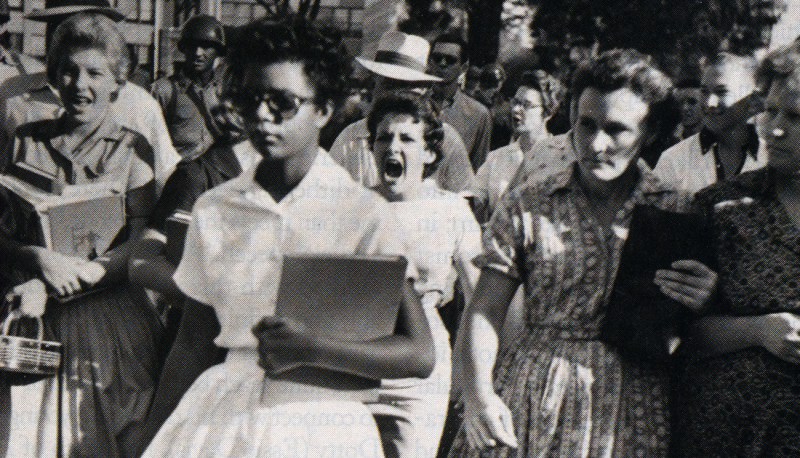This month marks the 64th anniversary of the landmark Brown v. Board of Education ruling, a Supreme Court decision that represented a monumental step forward for equality and racial justice—one that is beyond question for most people in this country.
But as law professor and People For the American Way Senior Fellow Franita Tolson recently wrote in an op-ed in Law360, this is not necessarily the case for Trump’s judicial nominees:
Several Trump judicial nominees — such as Andrew Oldham, nominated to the Fifth Circuit Court of Appeals, and Wendy Vitter, nominated to the federal district court for the Eastern District of Louisiana — have studiously avoided stating during their confirmation hearings whether they believed Brown was decided correctly. Their obfuscation contrasts with the direct affirmation of that case by nominees as conservative as John Roberts and Samuel Alito.
It is striking that we have returned to a time in which the legitimacy of this decision is under attack and being questioned. Not coincidentally, these attacks come from judicial nominees who are part of a crop of the least diverse group of nominees in recent decades. Since assuming office, President Donald Trump has nominated white men to the bench at the highest rate in 30 years. Some of these individuals have been criticized as unqualified or ill prepared for the bench, leading to several highly publicized withdrawals. However, let us not overlook that many in this group also lack the diversity of experience, the temperament and the fair-mindedness that, in addition to legal acumen and intellect, are also the traits of a good jurist.
Tolson notes that the refusal of these nominees to give their views on the Brown v. Board decision signals “a massive cultural shift that is a threat to the norms of equality and justice that many fought and died for” throughout our nation’s history:
The civil rights community must be vigilant about opposing judicial nominees who refuse to affirm the rightness of Brown, as this refusal is indicative of the narrow-minded elitism that these individuals are likely to bring to the federal judiciary. No progress can be made when those who are supposed to safeguard justice refuse to honor a decision that represents this nation’s commitment to equality.
